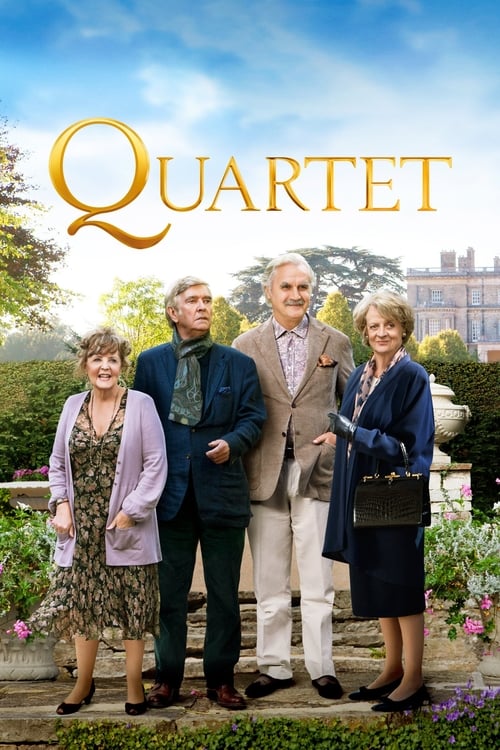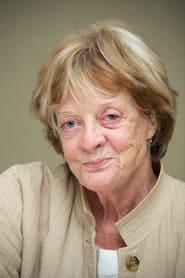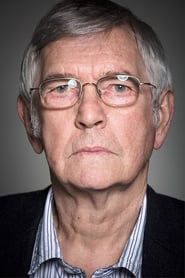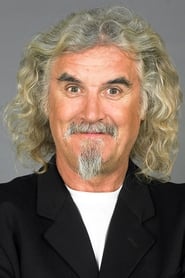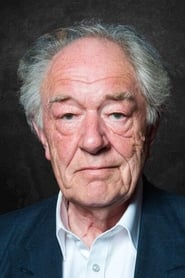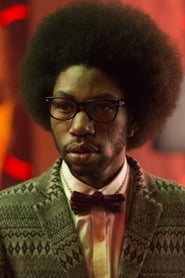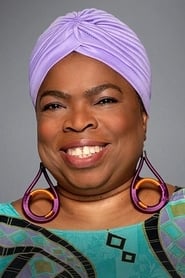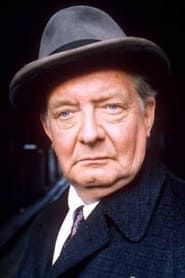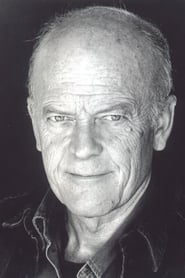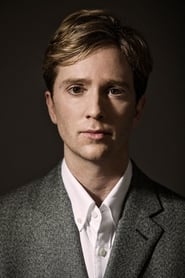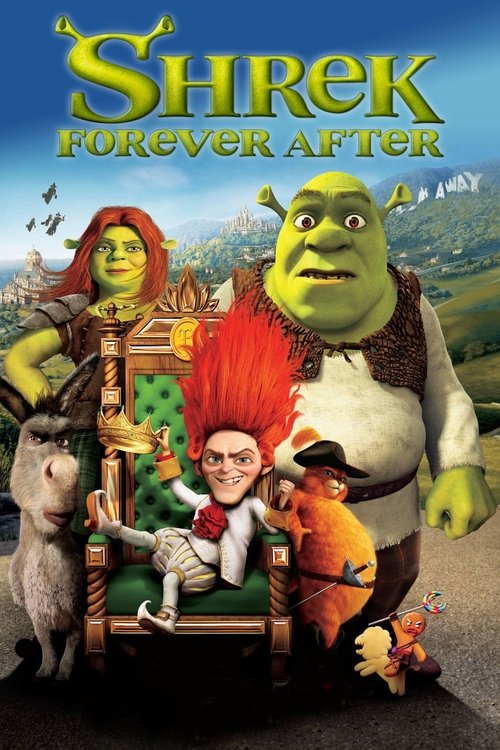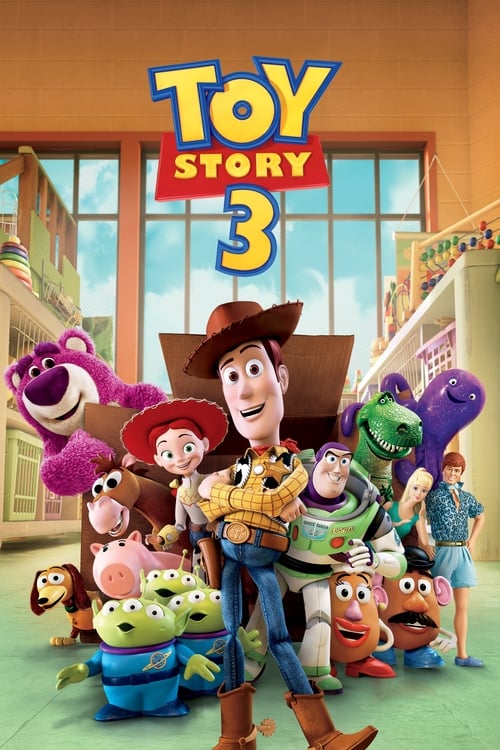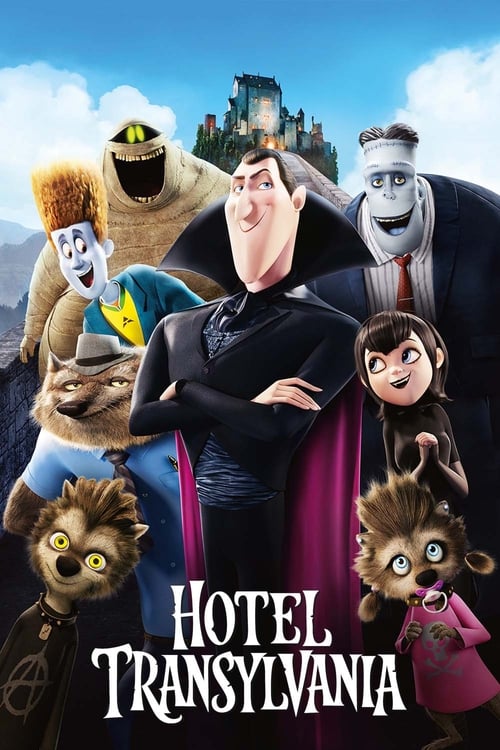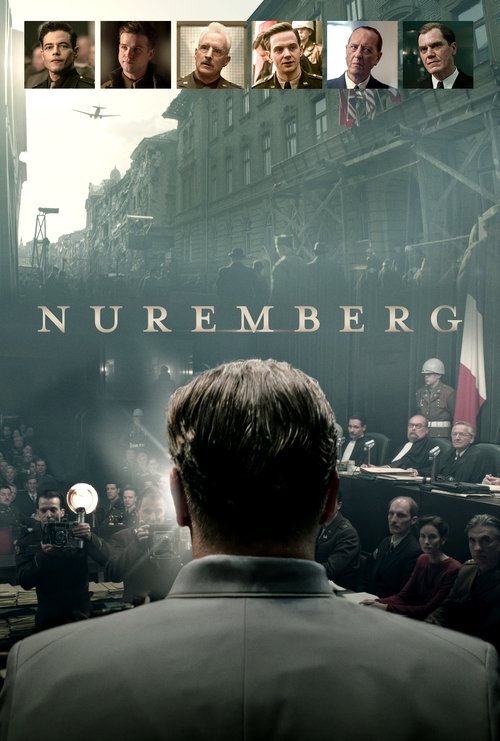
Ask Your Own Question
What is the plot?
What is the ending?
In the ending of "Quartet," the characters come together for a final performance, showcasing their talents and rekindling their passion for music. The film concludes with a sense of reconciliation and acceptance among the main characters, particularly between Jean and Reginald, as they find a way to coexist despite their past.
As the film approaches its conclusion, the atmosphere in the retirement home is charged with anticipation for the annual concert, which is to celebrate the birthday of Giuseppe Verdi. The residents, all former musicians, are excited yet nervous about the performance. Reginald, played by Tom Courtenay, is determined to lead the quartet, but he faces challenges, particularly with Jean, portrayed by Maggie Smith, who has a complicated history with him.
Scene by scene, the narrative unfolds:
The first scene of the ending begins with Reginald preparing for the concert. He is seen pacing in his room, filled with a mix of excitement and anxiety. He reflects on his past with Jean, their tumultuous relationship, and the unresolved feelings that linger between them. Reginald's internal struggle is palpable; he wants to impress her and prove that he can still perform at a high level.
Next, we see Jean in her own space, grappling with her reluctance to participate in the concert. She is initially dismissive of the idea, feeling that her age and her past mistakes have rendered her unworthy of the spotlight. However, as she interacts with the other residents, their encouragement begins to chip away at her defenses. The camaraderie among the musicians is evident, and Jean starts to feel the pull of her former passion for music.
As the concert day arrives, the atmosphere in the retirement home is electric. The residents gather, and there is a sense of nostalgia and excitement in the air. Reginald and Jean finally confront each other, their conversation filled with tension and unresolved emotions. Reginald expresses his desire to perform with her, and Jean, after some hesitation, agrees to join the quartet. This moment signifies a turning point for both characters, as they begin to reconcile their past.
The performance itself is a culmination of the film's themes of aging, reconciliation, and the enduring power of music. The quartet, consisting of Reginald, Jean, Wilf (played by Billy Connolly), and Cissy (played by Pauline Collins), takes the stage. As they begin to play, the music flows beautifully, and the audience is captivated. The scene is filled with close-ups of the musicians, their expressions reflecting a mix of joy, nostalgia, and a sense of belonging. The performance serves as a reminder of their shared history and the passion that music brings to their lives.
In the final moments of the concert, Reginald and Jean share a meaningful glance, acknowledging their past while embracing the present. The performance ends with applause, and the residents are visibly moved. The camera captures the smiles and tears of the audience, highlighting the emotional impact of the music.
As the film concludes, we see the characters in a more harmonious state. Reginald and Jean have found a way to coexist, their relationship transformed by the experience of performing together. Wilf and Cissy are also shown enjoying the aftermath of the concert, celebrating their shared love for music and friendship. The final scenes emphasize the importance of connection, creativity, and the joy that comes from embracing one's passions, even in the later stages of life.
In summary, the fates of the main characters are intertwined with the success of the concert. Reginald and Jean move towards a place of acceptance and understanding, while Wilf and Cissy continue to support each other in their shared journey. The film closes on a hopeful note, celebrating the resilience of the human spirit and the power of music to bring people together.
Is there a post-credit scene?
The movie "Quartet," produced in 2012, does not have a post-credit scene. The film concludes with a poignant and reflective ending that encapsulates the themes of aging, friendship, and the power of music. After the final performance, the story wraps up without any additional scenes or content during or after the credits. The focus remains on the characters' journeys and their emotional resolutions, leaving the audience with a sense of closure.
What is the significance of the annual concert in the story?
The annual concert is a pivotal event in the narrative, serving as a catalyst for the characters to confront their pasts and relationships. It symbolizes both the joy of music and the challenges of aging, as the characters prepare to perform together despite their personal conflicts.
How does Jean's arrival impact the dynamics among the residents?
Jean's arrival at the retirement home disrupts the established order among the residents, particularly affecting Reginald, who has a complicated history with her. Her presence reignites old feelings and rivalries, forcing the characters to confront unresolved issues and their shared past.
What motivates Reginald to initially resist working with Jean?
Reginald's initial resistance to working with Jean stems from their tumultuous romantic history. He feels betrayed and hurt by their past relationship, which makes him reluctant to collaborate with her on the concert, as it brings back painful memories and unresolved emotions.
How does Wilf's character contribute to the comedic elements of the film?
Wilf serves as the comic relief in the film, often making light of serious situations with his humorous remarks and flirtatious behavior. His antics provide levity amidst the emotional struggles of the other characters, showcasing the lighter side of aging and friendship.
What role does the theme of aging play in the interactions between the characters?
The theme of aging is central to the interactions among the characters, as they navigate the challenges of growing older. Their conversations often reflect their fears, regrets, and the wisdom gained over the years, highlighting both the struggles and the beauty of their shared experiences in the twilight of their lives.
Is this family friendly?
"Quartet," produced in 2012, is generally considered suitable for a family audience, but it does contain some elements that may be sensitive for children or more sensitive viewers. Here are a few potentially objectionable or upsetting aspects:
-
Themes of Aging and Mortality: The film deals with the realities of aging, including discussions about death and the decline of health, which may be difficult for younger viewers to understand or process.
-
Emotional Conflict: There are scenes of emotional tension and conflict among the characters, particularly related to past relationships and regrets, which may evoke feelings of sadness or discomfort.
-
Mild Language: There are instances of mild profanity that may not be suitable for all children.
-
Romantic Relationships: The film touches on romantic relationships and past affairs, which may include discussions or implications that some parents might find inappropriate for younger audiences.
-
Depictions of Illness: Some characters experience health issues, and there are moments that depict the struggles associated with aging and illness, which could be upsetting for sensitive viewers.
Overall, while "Quartet" is a heartwarming story about friendship and music, its themes and some content may require parental guidance for younger audiences.

